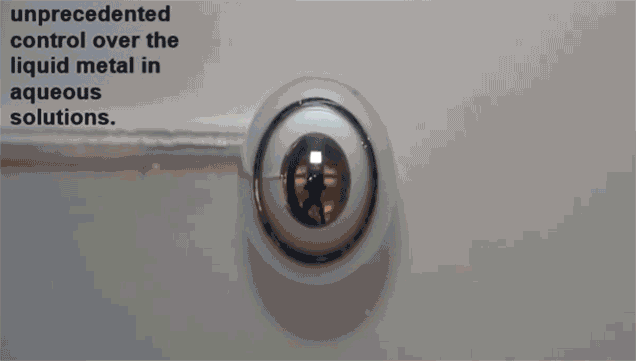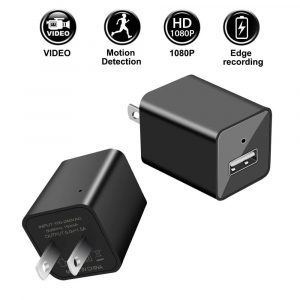Apparently, the scientists at North Carolina State University have never seen Terminator 2. As a result, we now have shapeshifting metal! All hail our new robot overlords!
Okay, so maybe we won’t need to worry about shape-shifting Terminators. Shape-shifting metal, however, is a real thing. And actually, it’s not so much a new metal as a new method of controlling the shapes that liquid metals take on. The shape of any liquid is dependent on its surface tension. Basically, surface tension is why a cup can be filled above the brim without spilling and why droplets of water retain a round shape.
The researchers at NCSU discovered, though, that by applying a low negative electrical voltage, they can manipulate the shape the liquid metal, in this case an alloy of gallium and indium. Liquid metals tend to bead up into spherical shapes because of their high surface tension. Voltage, though, reduces that tension, and the metal, now responding more readily to gravity, flattens into a disk.
If a positive charge is applied, the effect is reversed, and the metal balls up again. So the T-1000s of tomorrow, as of now, have two shapes: ball and pancake.
While shape-shifting supersoldiers might be a long time in the making, this technology may be able to change the way electronics are produced, and might even allow for electronic components to be capable of adapting as needed. Antennas could even change their shape in order to pick up a better signal. Now that’s scientific progress.





